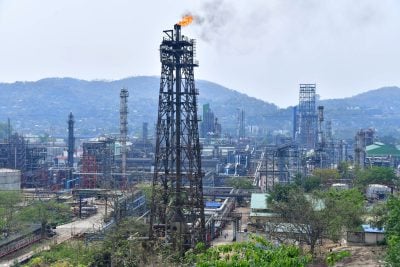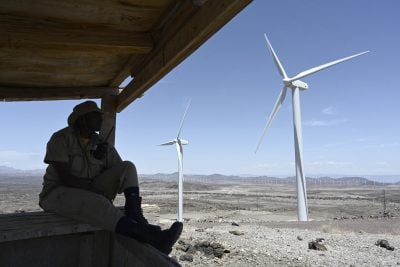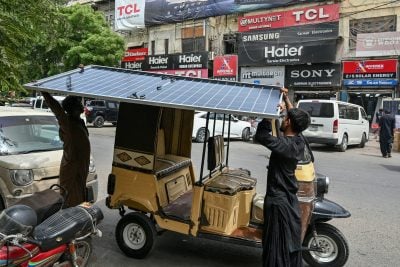Most people think of South Korea as the Asian tech hub, home to Samsung and one of the richest countries in the world, so you may find it hard to believe that in the early 1960s, South Korea had the same level of GDP per capita as Kenya and Ghana.
They had suffered the devastation of two wars, one with Japan in 1937-45 and then with North Korea in 1950 -53 and were trying to rebuild their economy.
The trajectory of Samsung since the 1960s is a good example of the significant change South Korea went through. Samsung started with agri-processing then moved to textiles, then low value electronics and finally to the company we know today, producing high value electronics such as smartphones, TVs, ovens and fridge freezers.
Today they are a driver of product design in Asia and not only export high tech goods around the world but also outsource product parts such as batteries as the market leader.
What did South Korea get right?
Governments in Africa should be – and increasingly are – asking themselves: what did South Korea get right and how can middle-income countries in Africa emulate this?
In the 1960s the South Korean government started by putting together a long-term plan with various milestones along the way. The most important aspect of this was the move towards research and development in businesses and providing consistent government support and investment, as our new report outlines.
Over the next 40 years they channelled public resources into business-driven research and innovation which helped them move into manufacturing and exporting products with a higher added value. They focused on short-cycle technology-based sectors such as telecommunications equipment, moving away from labour intensive light manufacturing.
The state played a significant entrepreneurial role and has always been at the heart of industrial policies in South Korea, whereas many African countries have struggled with this.
Ultimately South Korea had well-planned, export-oriented industrial policies that allowed a shift from low-value-added sectors and labour-intensive goods such as textiles and toys to higher-value-added products such as electronics and pharmaceuticals.
Building the right foundations
This took South Korea 30 to 40 years to achieve so it won’t happen overnight, but countries in Africa can start laying the groundwork now. Building the foundations of successful industrialisation in Africa requires a number of long-term actions – most importantly improving agricultural productivity, investing in education and skills, improving energy reliability and supporting entrepreneurs.
You need the right political economy for this transformation to happen. There needs to be a political economy that is inclusive, pro-entrepreneurship and pro-private sector. Governments should be fighting corruption and not allowing or encouraging rent-seeking practices that only benefit a small elite and don’t help the economy grow.
The government should also be aligning political and private-sector interests by committing to building strong political coalitions behind industrial policies to help ensure diversification in the economy.
Improving your position in the global economy through industrialisation, embracing digital and investing in high-value tradable services enabled by technology will improve your competitiveness.
Optimism and ambition
TBI is supporting several governments in Africa on industrialisation, including by focusing on the development of specific sectors that are important for the economic transformation of the continent.
One example of this is our work with Côte d’Ivoire, Togo and Ghana to develop a sustainable and circular Textiles and Apparel industry. This includes bringing high-end recycling technology to the region and convincing big international clothing brands and their suppliers to produce clothing in the country.
The USP is that we are developing large scale recycling zones in the region, with a potential pilot in Ghana, to decrease pollution caused by the textiles and apparel industry, and demonstrate the feasibility of a circular industry in West Africa.
To change the world, we need to be optimistic and ambitious. South Korea shows us that a country can change significantly – it will be slow but it’s possible.
Chema Triki, is industrialisation lead at Tony Blair Institute for Global Change
Want to continue reading? Subscribe today.
You've read all your free articles for this month! Subscribe now to enjoy full access to our content.
Digital Monthly
£8.00 / month
Receive full unlimited access to our articles, opinions, podcasts and more.
Digital Yearly
£70.00 / year
Our best value offer - save £26 and gain access to all of our digital content for an entire year!

 Sign in with Google
Sign in with Google 





